Lip tattoos, also known as lip blush tattoos, are becoming more and more popular as a semi permanent solution to get beautiful natural looking lips. This treatment gives a flush of colour and enhances the natural tone of the lips, without the daily hassle of applying lipstick. However, just like any cosmetic tattooing procedure, lip blush tattooing has a healing process and one of those stages is called the ghosting phase. In this post we will go through what the ghosting phase is, why it happens and how to take care of your lips during this part of the lip tattoo healing process.
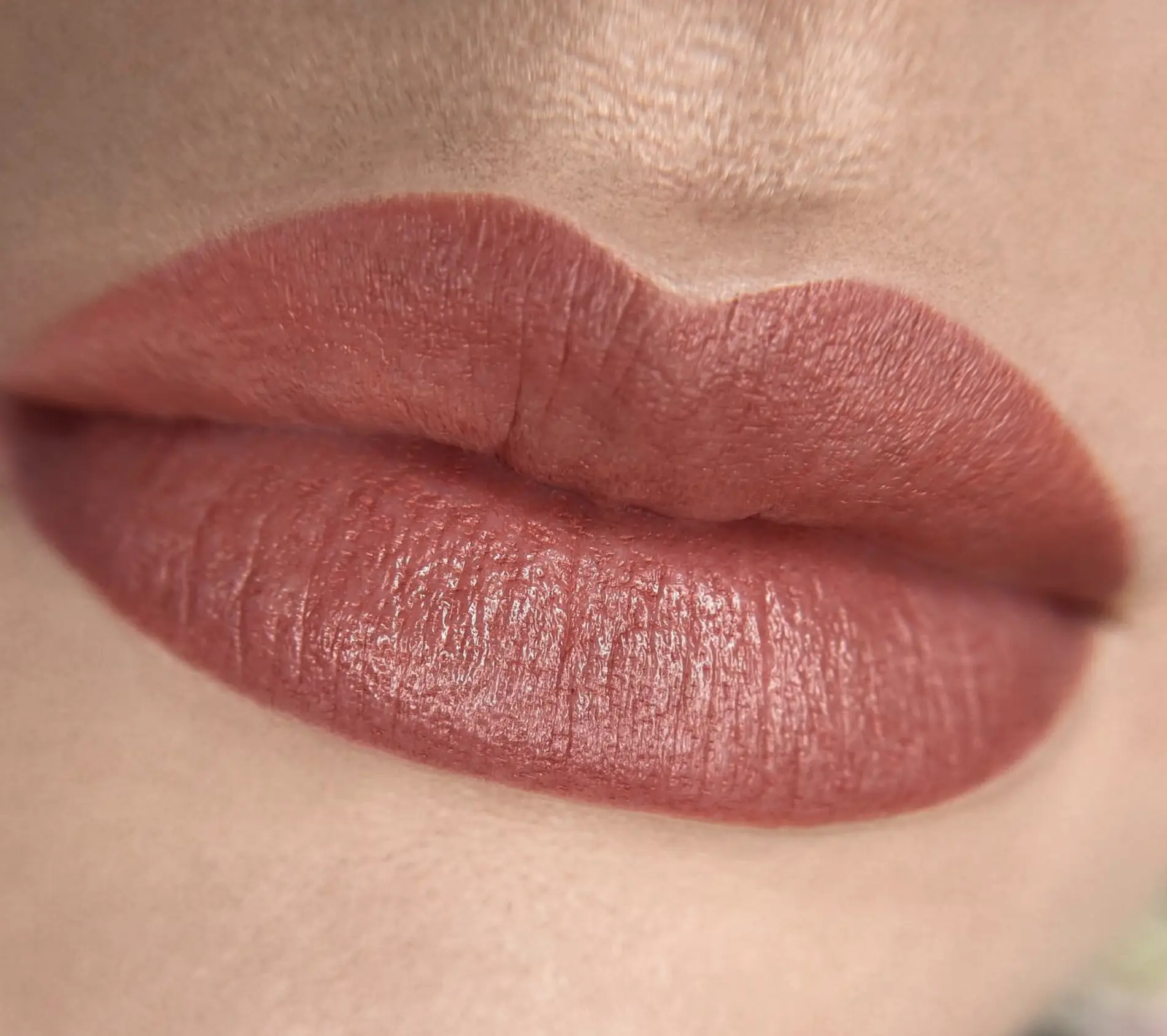
The Ghosting Stage
The ghosting stage is a temporary phase that happens after a lip blush tattoo where the colour may look lighter or almost invisible for a few days. This stage usually happens 4-7 days after the lip permanent makeup treatment and can be quite scary for some clients. But it’s a natural part of the cosmetic tattoo healing process and nothing to worry about. The ghosting phase is just the body healing, as the pigment settles into the dermis and dead skin cells shed away.
The Ghosting Stage and Why It Happens
The ghosting effect happens due to the natural healing process after lip tattooing. Here’s why:
- Exfoliation and Peeling: After the procedure, the lips start to heal and dead skin cells start to shed. During this phase you may see peeling and flaking of the skin. As the top layers of skin exfoliate the pigment may look like it’s fading and that’s when the temporary “ghosting” effect happens.
- Lymphatic Fluid: In the first few days lymphatic fluid and other healing processes may make the pigment look lighter than expected. This is totally normal and part of the body’s inflammatory response as it’s healing the needle wounds from the lip tattooing process.
- Colour Opacity Changes: After your lip blush tattoo appointment the colour looks bold and bright. But during the healing phase the opacity may change and you may see the colour looking less intense. This is because the pigment is settling into the skin layers and the natural healing process.
- Healing Gel and Moisturizing Balm: Applying aftercare products like Healing Gel or moisturizing balm like Zensa Healing Cream helps the healing process by keeping the lips hydrated and protected. These products also help with soothing any discomfort like mild inflammation and dryness that may happen during the healing phase.
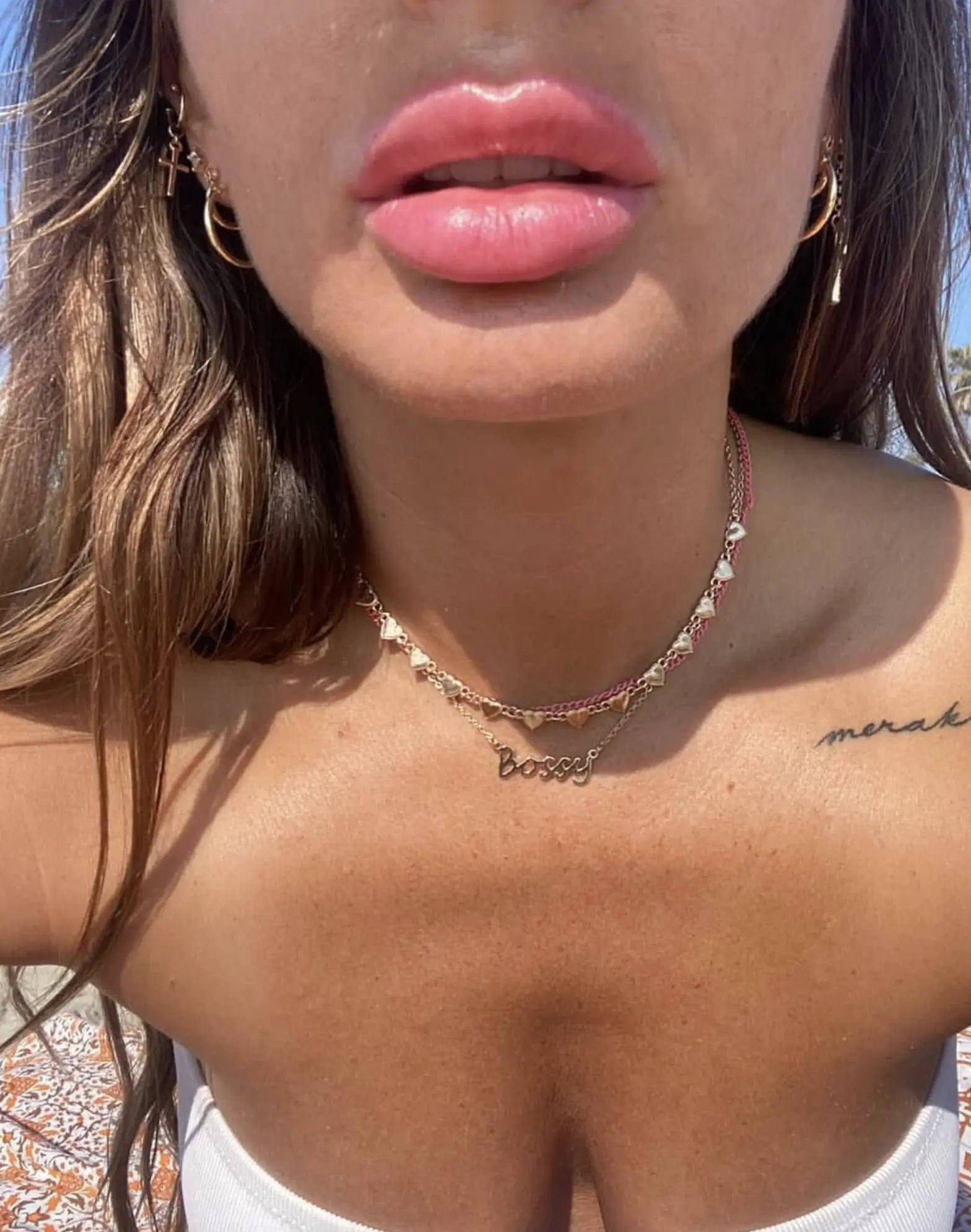
Duration
The ghosting phase usually lasts around 4-7 days post procedure. During this time the lip tattoo colour may look faded or ghostly which can be worrying for some. But this is a temporary phase and as the healing process continues the true colour will start to come back. By 14 days you should start to see your lips becoming more vibrant and defined.
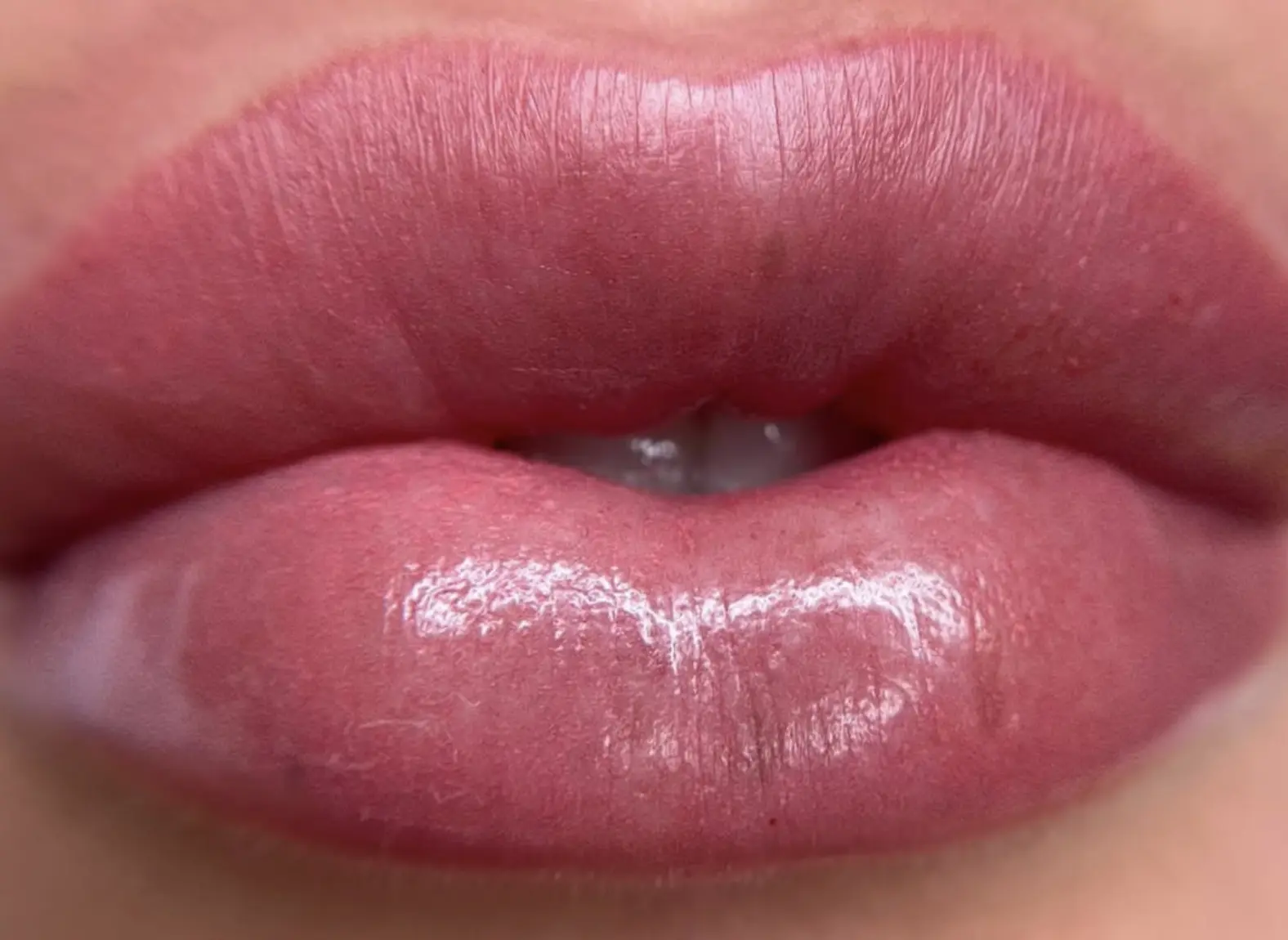
Caring for Your Lips During
Aftercare is key to the healing of your lip blush tattoo. Here are some tips to follow during the ghosting phase and beyond:
- Follow the Aftercare Instructions: Follow your lip blush tattoo aftercare instructions given by your artist. This will include applying a layer of balm (like a moisturising balm or aftercare balm) to keep your lips hydrated and protected during the healing process.
- Avoid Harsh Products: Avoid harsh skincare products, acidic products or any exfoliating products during the healing process. These can cause irritation and hinder the healing of the tattooed skin. Use gentle, sulfate-free, fragrance-free soap to wash your lips.
- Avoid Sun Exposure: Direct sun exposure can affect the healing process and cause the pigment to fade. Protect your lips by avoiding the sun or using an SPF lip balm once the initial healing period is over.
- Keep Lips Hydrated: Make sure to keep your lips hydrated throughout the healing process. Drink plenty of clean water and apply a thin layer of aftercare balm to prevent dryness and promote healthy healing.
- No Picking or Scratching: Although your lips may feel dry or flaky, don’t pick at the dead skin cells. Doing so can disrupt the healing process and affect the final result, potentially causing uneven colour.
- Avoid Cold Sores: Cold sores can be a concern after lip tattooing. If you are prone to cold sores, talk to your artist about using an antiviral treatment during the healing phase.
- Follow-Up Session: Many clients will require a follow-up or touch up session 6-8 weeks after their initial session. This session will ensure the colour density and shape are as desired and can correct any fading or colour ghosting that may have occurred.
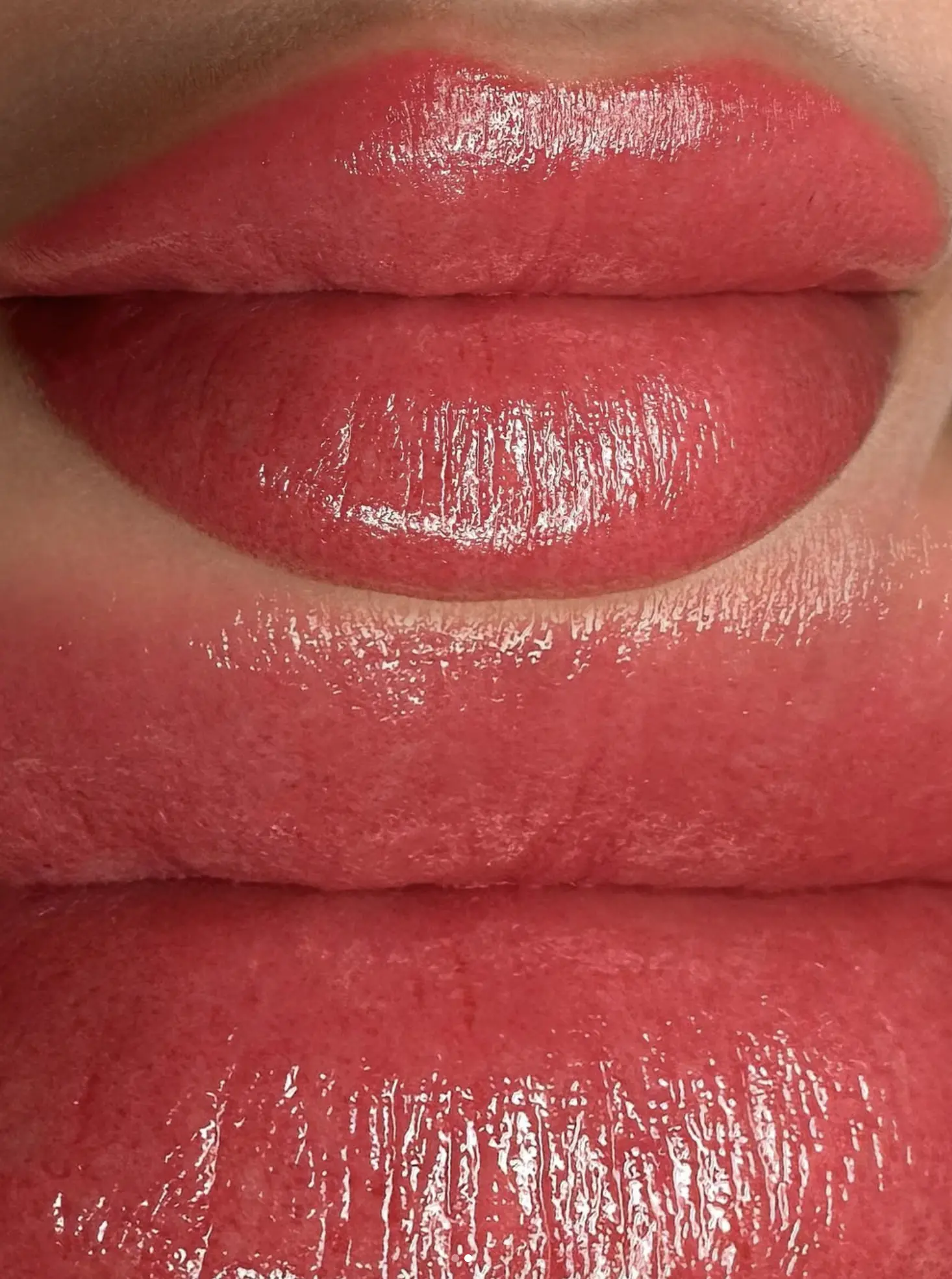
Next After the Ghosting Stage?
Once the ghosting phase is over your lips will be fully healed and you will start to see the pigment come back. The colour will continue to settle into the skin and become more vibrant and defined. By 30-45 days you will have your perfect lip blush colour whether that’s a custom colour or a natural lip colour enhancement. During this time continue to use the healing ointment and moisturising balm for easy lip blush healing.
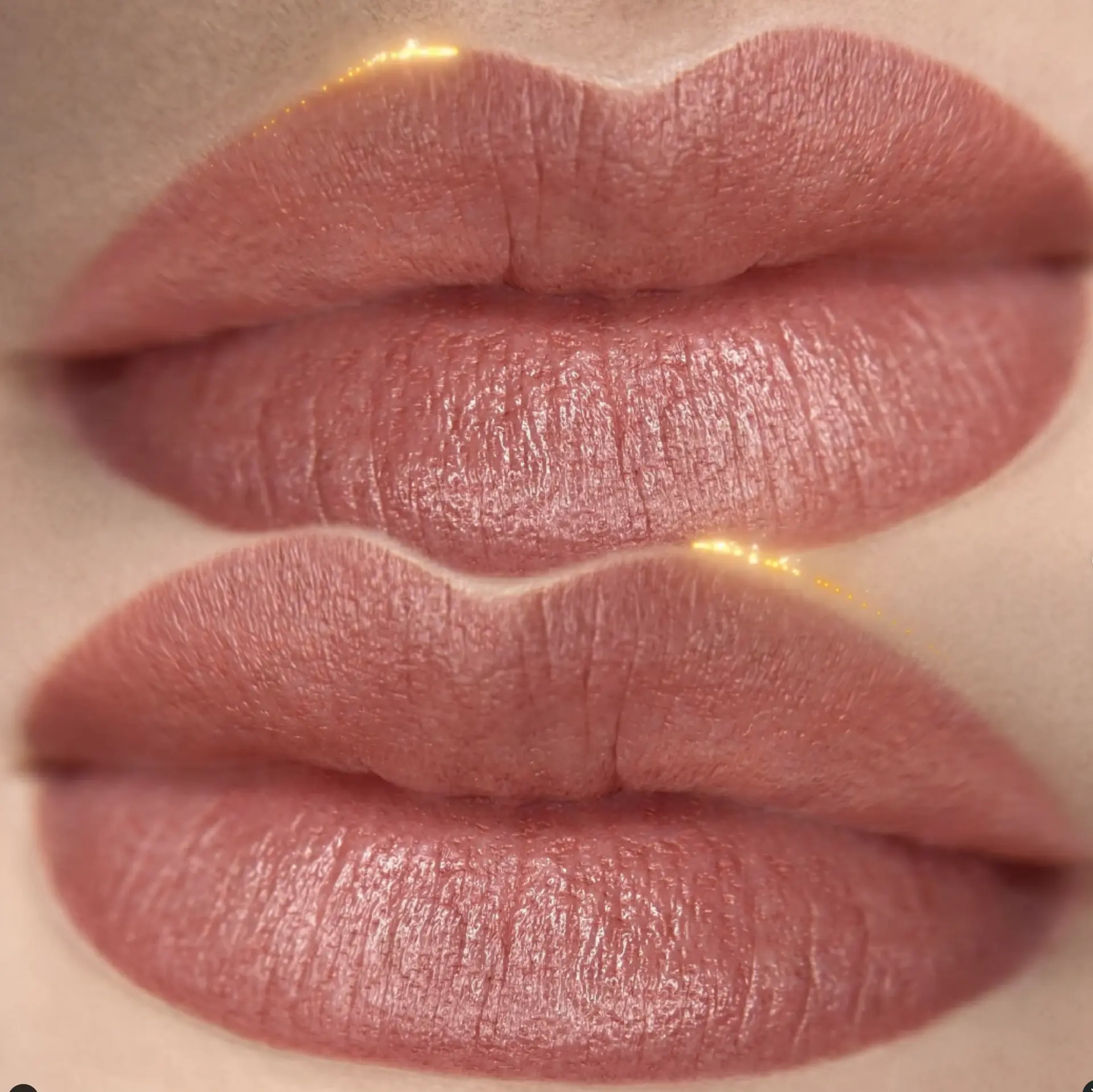
Conclusion
The ghosting stage of lip tattooing is scary but it’s part of the process. By understanding why it happens and following aftercare you can ensure healthy healing and get the bold lip blush you want. Remember this is temporary and with patience and the right aftercare your lip tattoo will reveal itself.
FAQs
How long does it last?
It lasts 4-7 days and the color will come back as your lips heal.
Can I make it heal faster?
You can’t but following aftercare will promote healthy healing and minimize discomfort.
Will my lip tattoo fade during the ghosting phase?
Yes this is normal and part of the healing process. The color will come back as the skin heals.
What if I get cold sores during the healing process?
If you get cold sores talk to your tattoo artist or doctor about antiviral meds.
Do I need a touch up after healing?
Many clients get a touch up after 6-8 weeks to get the color intensity and longevity.